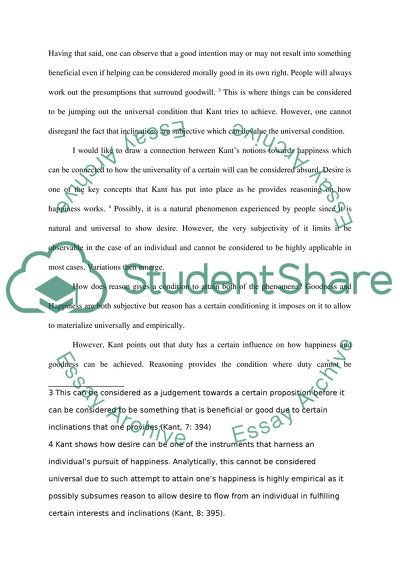Cite this document
(“Kantian Philosophy Essay Example | Topics and Well Written Essays - 1250 words”, n.d.)
Retrieved from https://studentshare.org/philosophy/1447423-kant
Retrieved from https://studentshare.org/philosophy/1447423-kant
(Kantian Philosophy Essay Example | Topics and Well Written Essays - 1250 Words)
https://studentshare.org/philosophy/1447423-kant.
https://studentshare.org/philosophy/1447423-kant.
“Kantian Philosophy Essay Example | Topics and Well Written Essays - 1250 Words”, n.d. https://studentshare.org/philosophy/1447423-kant.


